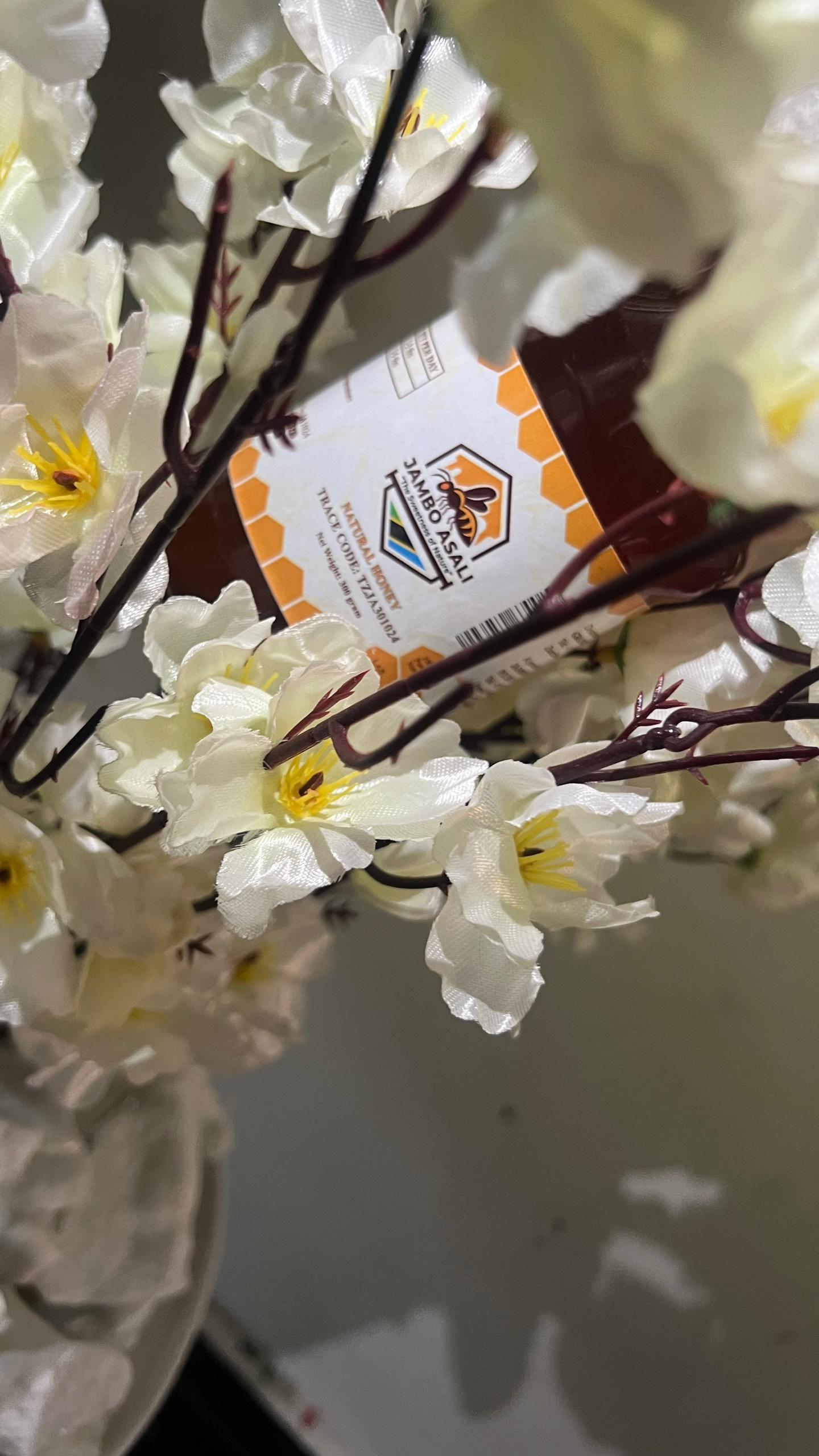
Honey has been used for centuries across cultures as a natural remedy for various health conditions, from sore throats to digestive issues. However, not all honey is created equal. Tanzanian honey, especially the kind harvested from the country’s vast natural forests like the Miombo woodlands, is increasingly recognized as one of the most medicinally potent and nutritionally rich varieties in the world. This reputation is not merely a marketing trend; it’s backed by the unique environmental, botanical, and traditional beekeeping characteristics that make Tanzanian honey a true gift of nature.
1. Purity from Untouched Forests
Tanzanian honey is often harvested from wild or semi-wild colonies deep within the Miombo forests, an ecological zone rich in native trees and flowering plants like Brachystegia, Julbernardia, and Combretum species. These trees are not just sources of nectar — they contribute essential phytochemicals and medicinal compounds to the honey. Because these forests are largely free from pollution, pesticides, and commercial agriculture, the honey harvested is organic by nature. Unlike honey from industrial farming zones, Tanzanian forest honey contains no chemical residues or artificial sugars, making it safer and more beneficial for health.
2. Rich in Antioxidants and Enzymes
Research has shown that natural forest honey from Tanzania has a higher concentration of antioxidants compared to many commercial brands. Antioxidants such as flavonoids and phenolic acids help protect the body from oxidative stress, a key factor in aging, inflammation, and chronic diseases like cancer and diabetes. The enzymes found in raw Tanzanian honey — including glucose oxidase — contribute to its natural antibacterial and antifungal properties, which aid in wound healing and immune support.
3. Powerful Antibacterial and Antiviral Properties
Tanzanian honey, particularly when harvested from forest zones, is known to be effective in fighting bacterial infections. Studies and traditional use show it can inhibit the growth of harmful bacteria such as E. coli, Staphylococcus aureus, and Helicobacter pylori. These properties make it useful in treating wounds, burns, ulcers, and throat infections. In many Tanzanian households and local clinics, honey is still used as a topical antiseptic or mixed with herbal infusions for treating respiratory ailments and gut infections.
4. Supports Digestive and Respiratory Health
Thanks to its prebiotic nature, Tanzanian honey supports gut health by feeding beneficial bacteria like Lactobacillus and Bifidobacterium. Regular intake of raw honey can help improve digestion, relieve constipation, and reduce symptoms of acid reflux. For respiratory health, Tanzanian honey’s soothing and anti-inflammatory qualities make it an ideal remedy for sore throats, coughs, and bronchial inflammation a reason why it is commonly consumed with lemon or ginger in traditional medicine practices.
5. Natural Energy Booster and Immune Support
Due to its natural sugars (mainly glucose and fructose), Tanzanian honey provides a quick energy boost without the crash associated with processed sugar. It is favored by athletes, students, and manual laborers as a natural stamina enhancer. Additionally, its rich nutrient profile — including vitamins B1, B2, B6, and C, as well as essential minerals like calcium, magnesium, and iron helps strengthen the immune system and protect the body against seasonal illnesses.
6. No Processing, No Additives , Just Raw Goodness
One of the reasons Tanzanian honey stands out in health circles is that it is often sold raw and unprocessed. Brands like JAMBO ASALI are leading the way in exporting this pure form of honey to global markets. They ensure that the honey is only lightly filtered and never heated, preserving all its nutritional and medicinal value. JAMBO ASALI works directly with rural beekeepers and processes honey in hygienic, modern facilities to meet both local and international standards, without compromising on quality.
7. Traditional Knowledge Meets Modern Science
For generations, Tanzanians have used forest honey as part of their indigenous healing practices. Today, this traditional wisdom is being validated by scientific research. Tanzanian universities and international research bodies are exploring the unique composition of honey from different ecological zones — and the results are consistent: Tanzanian honey is not only rich in flavor but also in therapeutic value.
Final Thoughts: A Healing Gift from Tanzania
In a world full of processed food and synthetic health supplements, Tanzanian honey remains a natural, unadulterated remedy with wide-ranging health benefits. From boosting immunity and healing wounds to supporting digestion and fighting infections, its uses are as diverse as the ecosystems it comes from. Whether you’re enjoying a spoonful of JAMBO ASALI forest honey in your tea or using it to treat a sore throat, you're tapping into one of nature’s oldest and most trusted healing substances — made better by Tanzania’s untouched wilderness and traditional wisdom.
For anyone seeking genuine, health-enhancing honey, Tanzanian forest honey stands as one of the best choices globally — and JAMBO ASALI is proudly leading the way in delivering this treasure from the hive to the world.


